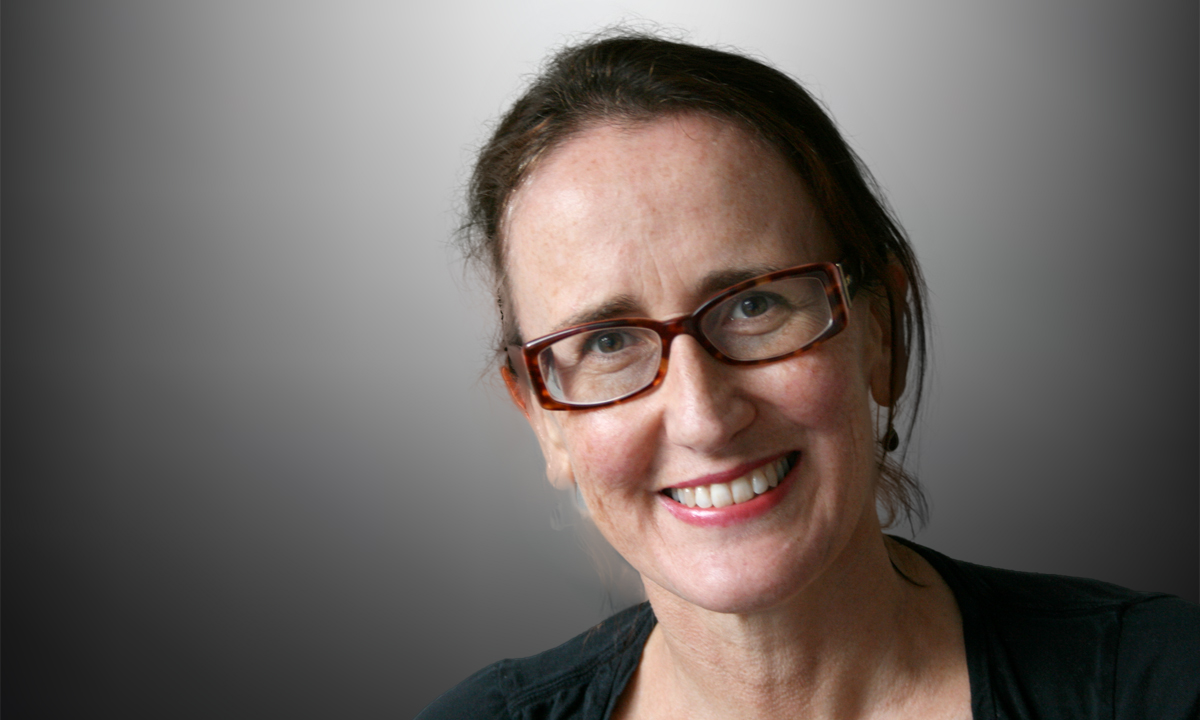“UNLESS care is exercised in selecting food, a diet may result which is one-sided or badly balanced – that is, one in which either protein or fuel ingredients (carbohydrate and fat) are provided in excess,” wrote the father of American nutrition science, Wilbur Olin Atwater, back in 1902.
“The evils of overeating may not be felt at once,” he went on, “but sooner or later they are sure to appear – perhaps in an excessive amount of fatty tissue, perhaps in general debility, perhaps in actual disease.”
Dr Atwater was an agricultural chemist with a passion for nutrition research. From the 1890s, often at his own expense, he devoted himself to the study of food: its chemical composition, the impact of cooking and processing on nutritional value, what different groups of Americans consumed, and what nutrients they actually needed to function at their best.
That last question is still very much with us more than a century on.
The fundamentals of nutrition guidelines – the focus on a healthy balance between the different food groups – tend not to change all that much over time, but that doesn’t stop consumers being presented with a whole lot of conflicting messages about what they should eat, and when, and how much of it.
Red wine might reduce cardiovascular risk but increase breast cancer risk. Flavonoids in chocolate could assist with diabetes control, but what about obesity? Oily fish might be good for heart and brain, but you have to think about possible heavy metal contamination.
And then there’s my favourite drug, coffee, which can, as I’ve written before, apparently do everything from causing cancer to curing it.
It’s not surprising people sometimes throw up their hands in despair, refusing to believe any of it.
“Nutrition seems to attract more heat and less light in debates than other areas of health,” writes BMJ editor in chief Dr Fiona Godlee in a recent editorial.
Everyone has an opinion, and the more extreme voices often drown out the better-informed, she says.
“The science doesn’t always help, often reliant as it is on observational studies or short term interventions and bedevilled by enormous vested interests, limited public funds, and methodologically weak guidelines.”
Two nutrition scientists, writing in the same issue of the journal, argue the origins of some of the problems with nutrition information can be traced back to the birth of their field, which they date to 1932 when vitamin C was isolated and its deficiency shown to cause scurvy.
Over the decades that followed, research mostly focused on other single nutrient deficiencies and their impact on health, leading to successful interventions to overcome rickets and pellagra, among other conditions.
Those early achievements of nutrition science set a pattern for future public communications around healthy eating: identify the food (saviour or villain), establish a target intake, communicate this as a simple message.
But what had worked so well in combating nutrient deficiency was not so successful against the health challenges that came to the fore later in the 20th century, the authors write.
“… saturated fat and dietary cholesterol became ‘the’ causes of heart disease and total fat (and, more recently, total calories) became ‘the’ cause of obesity … However, such reductionist thinking, instrumental in conquering deficiency disease, was inadequate to tackle chronic disease.”
As Australian nutritionist Rosemary Stanton has written, we don’t eat nutrients, we eat food.
The BMJ authors make a similar point. Nutrition science is evolving, they say, to recognise “the complex health effects of different foods and dietary patterns beyond individual nutrients”.
The problem with complexity, though, is it’s hard to communicate, particularly when, as these authors acknowledge, better quality nutrition research is bringing new questions and uncertainties.
They cite current controversies relating to saturated fats in dairy food, low carbohydrate diets, minimum sodium intakes, fish oil and vitamin D supplements, non-calorific sweeteners, starchy foods such as potatoes, and plant oils. Which is quite a lot to be going on with.
Rather than becoming distrustful about nutrition advice in general, consumers, they argue, need to develop a better understanding of scientific uncertainty.
This would undoubtedly be a good thing across a whole lot of fields, but you probably wouldn’t want to base future policy approaches on the expectation it will happen, particularly in an area where there are so many vested interests involved.
Perhaps the biggest issue is that there is little public sector funding for nutrition research, leaving the industry to bankroll the bulk of it, often without clear guidelines or much in the way of external scrutiny.
If we want quality information on the foods that power our lives, we might just have to start paying for it.
Jane McCredie is a health and science writer based in Sydney.
To find a doctor, or a job, to use GP Desktop and Doctors Health, book and track your CPD, and buy textbooks and guidelines, visit doctorportal.

 more_vert
more_vert